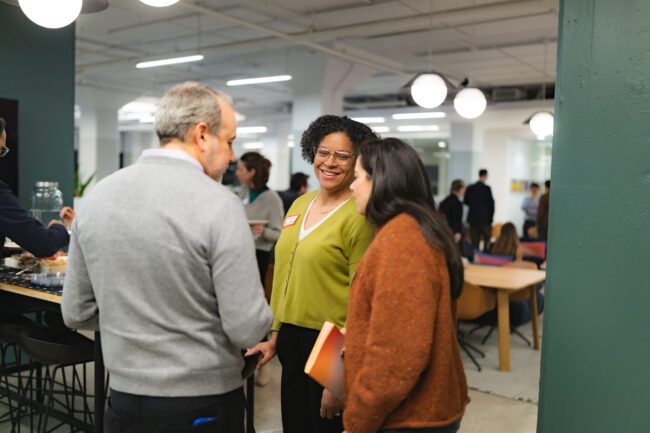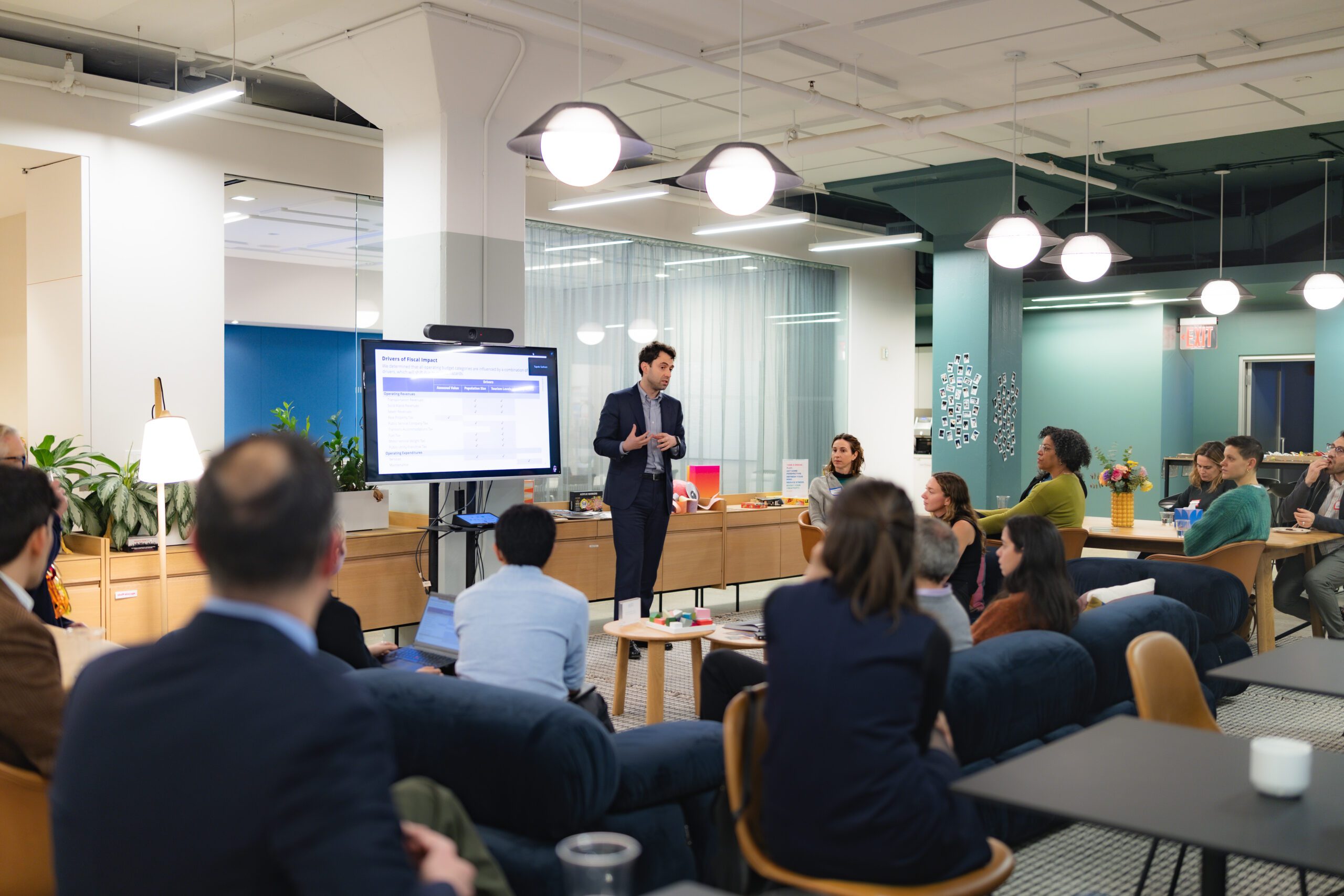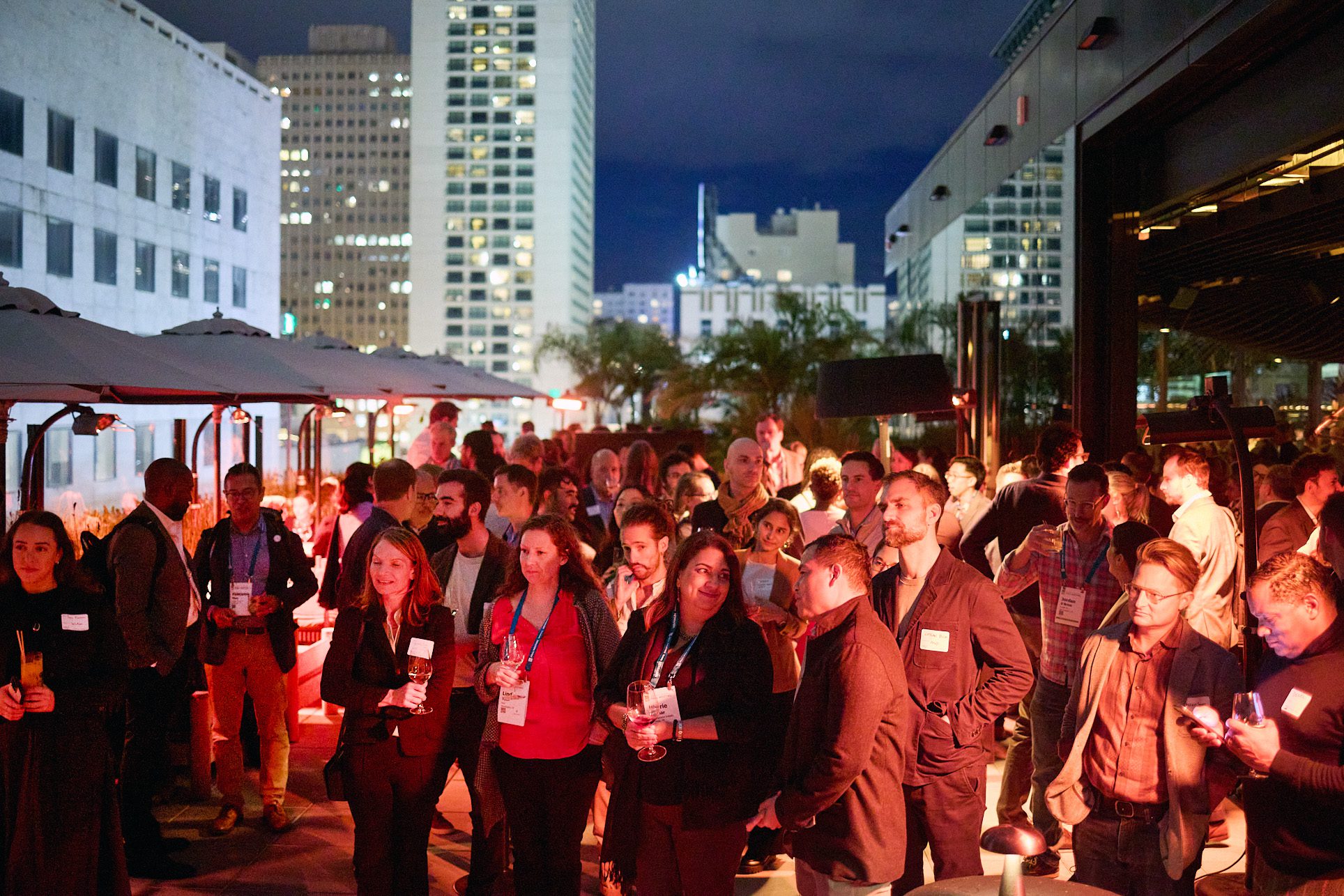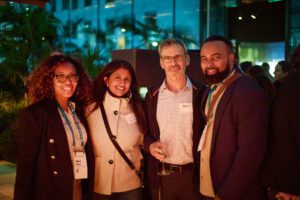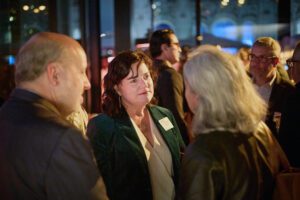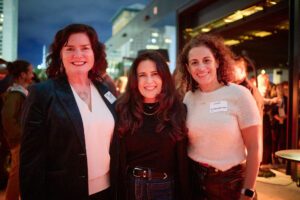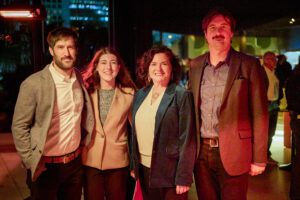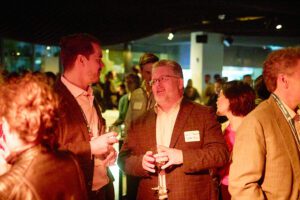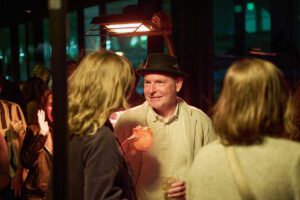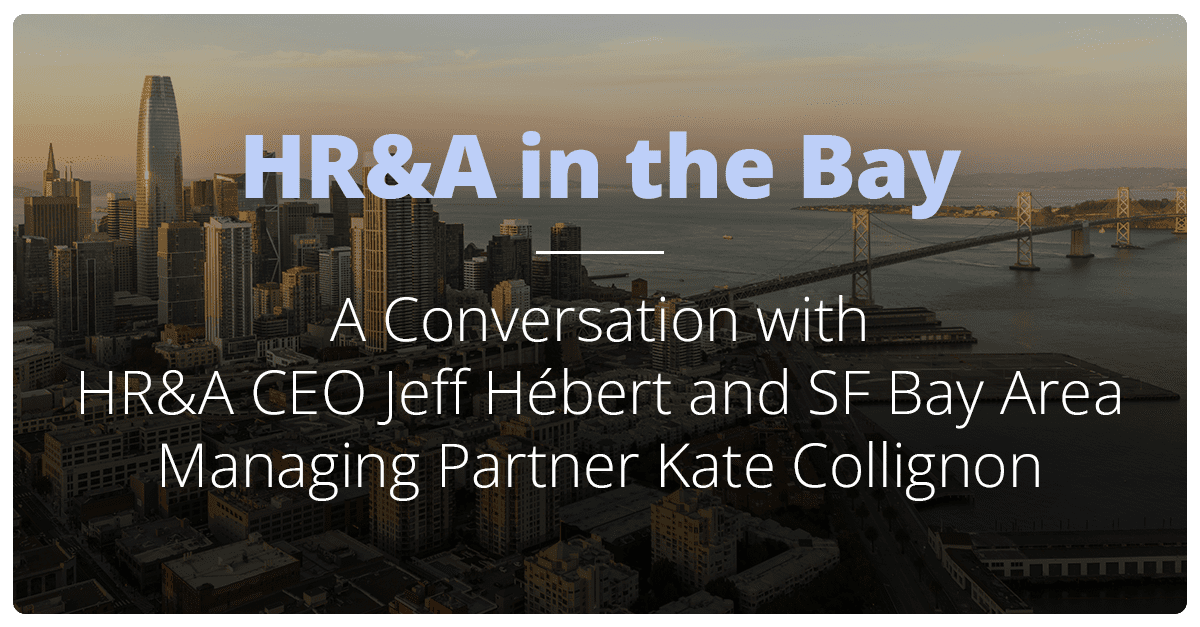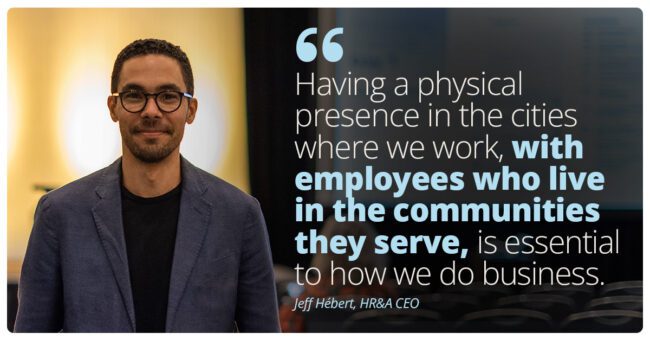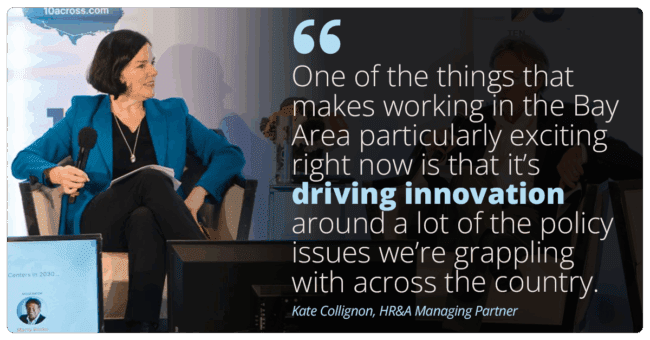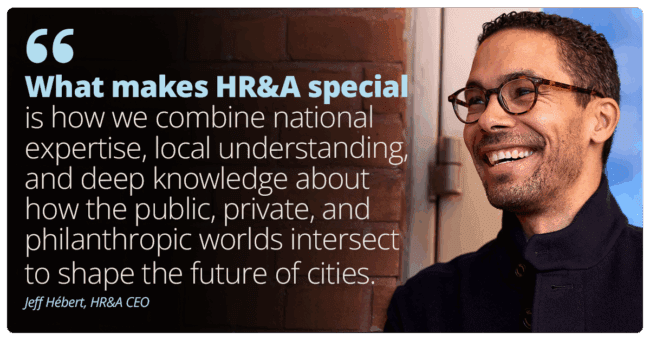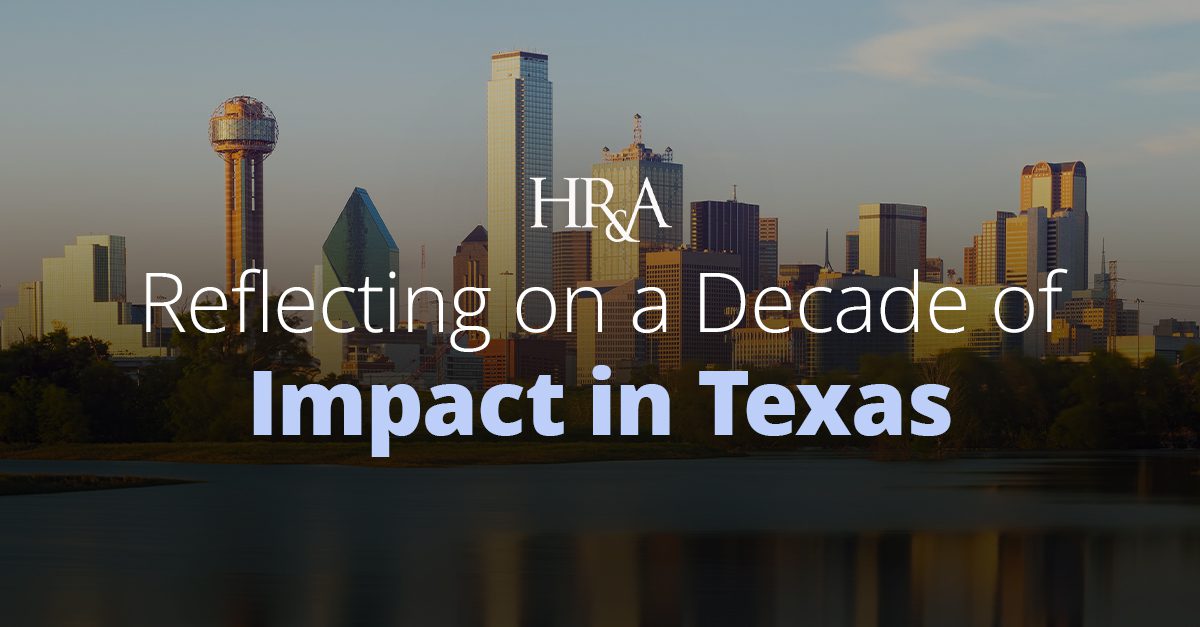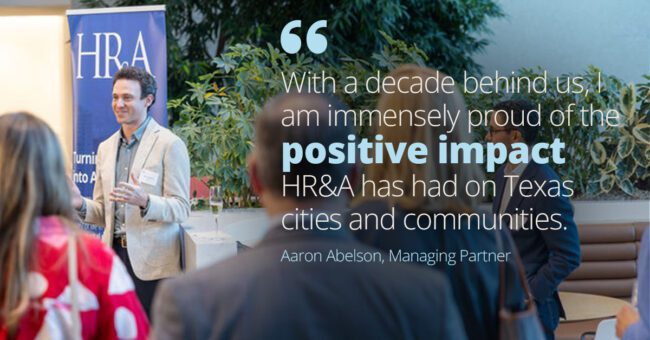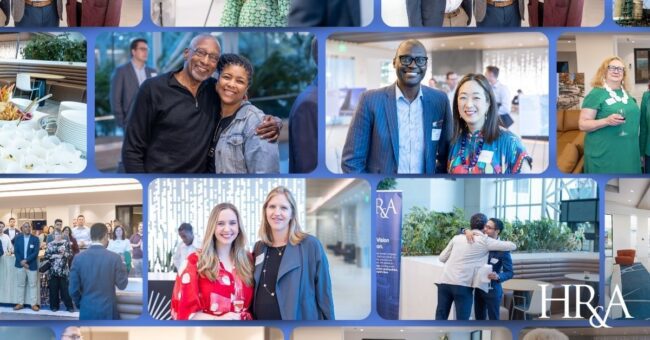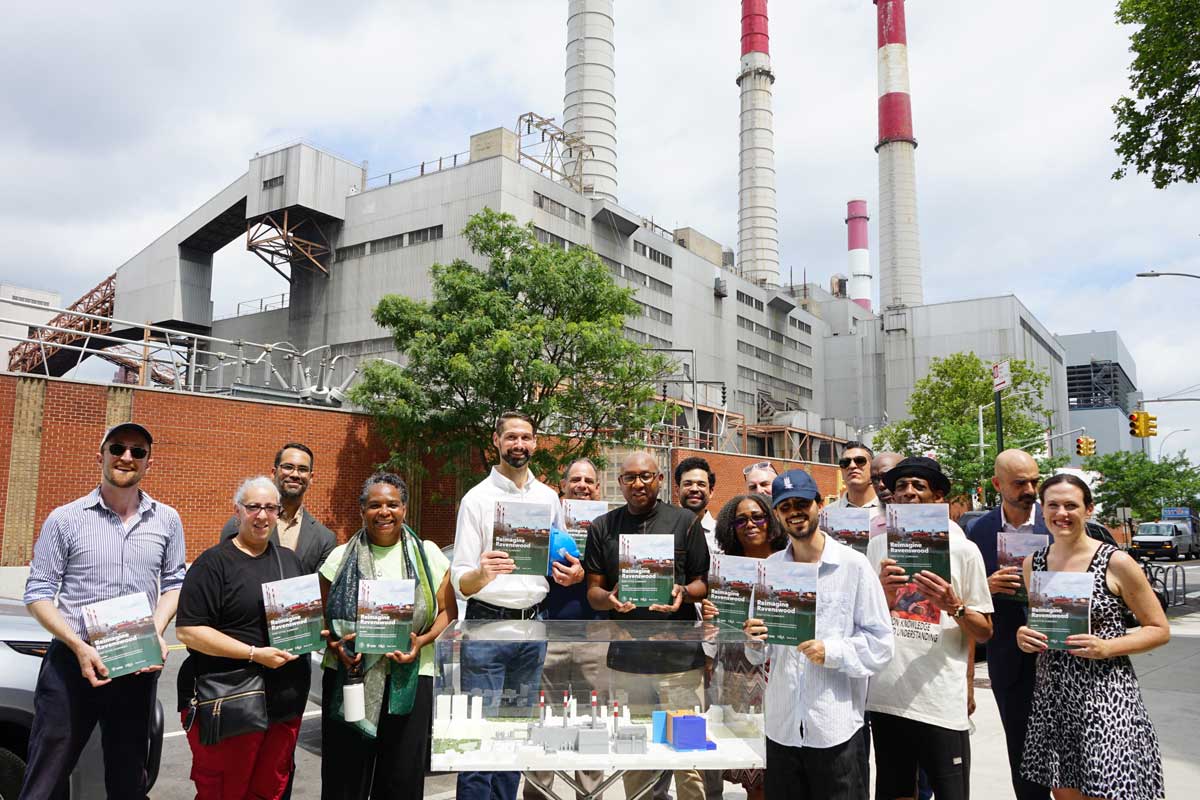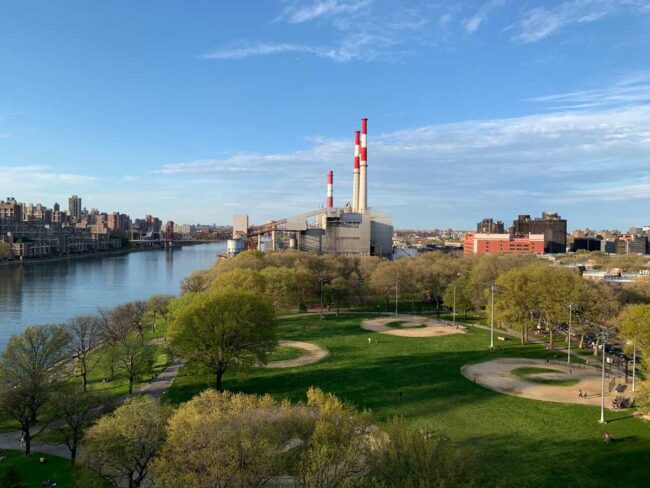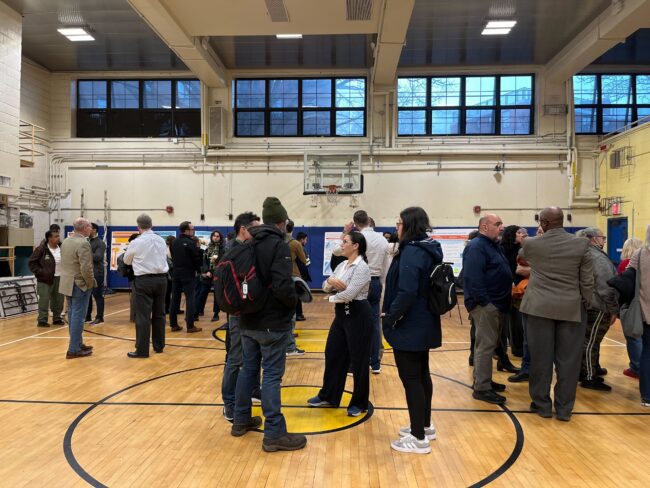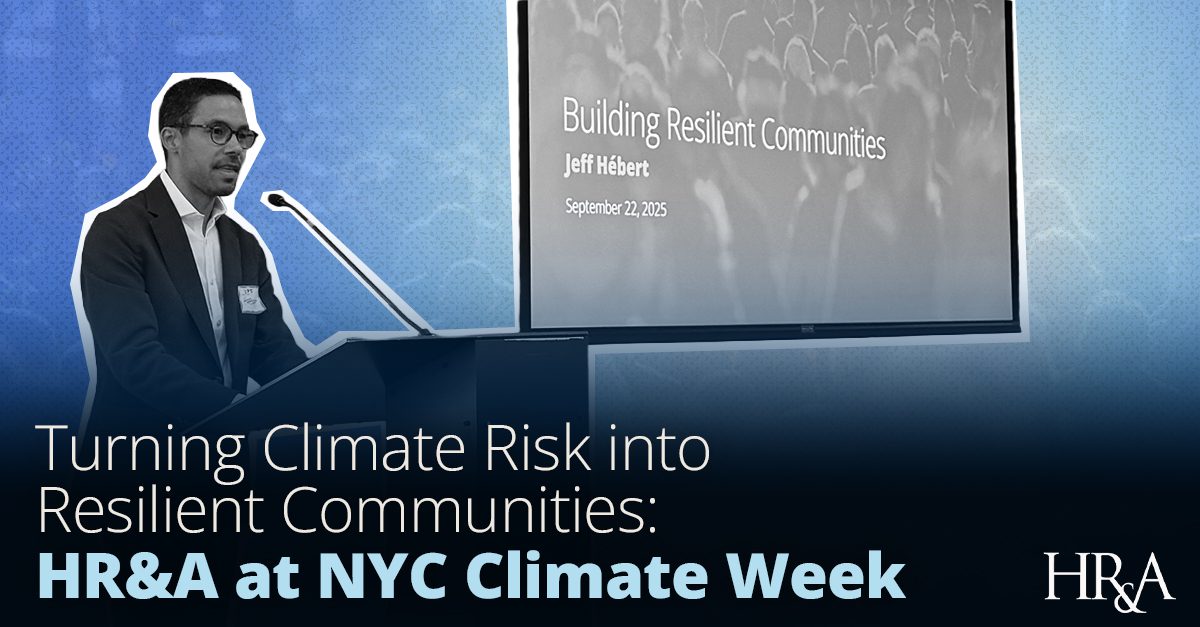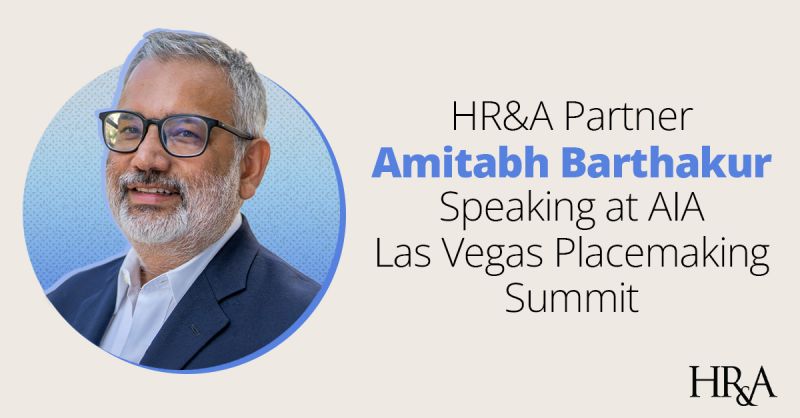Written by Ignacio Montojo and Hannah Glosser
Climate change is rapidly becoming a fiscal crisis for cities. Rising infrastructure costs, strained operating budgets, shifting insurance markets, and growing pressure on debt capacity are converging in ways that most municipal balance sheets are not built to absorb.
Addressing this challenge requires significant, sustained investment in adaptation and resilience, often at a scale that far exceeds existing capital plans or municipal revenue streams. At the same time, the sources to pay for resilience are fragmented, insecure, and unevenly distributed across public and private actors.
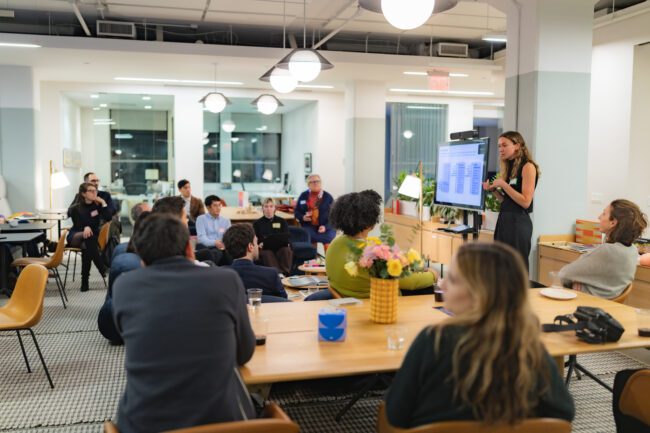
HR&A has been working with local government clients to develop new approaches to estimate climate-driven fiscal risk across government balance sheets and budgets and design the funding and financing strategies to act on those findings. In the second installment of our Climate Salon series, we convened New York City area leaders working at the intersection of climate risk, municipal finance, and urban resilience on this topic. Several clear themes emerged:
- Broaden the Fiscal Risk and Responsibility Frame. Climate risk does not respect jurisdictional boundaries or balance sheets. Flood damage strains a city’s capital budget, but it also impacts the utility that runs the wastewater system, the transit authority that operates the subway, the employers whose workers can’t get to the office, and the insurers repricing coverage across the region. Understanding how risk is distributed across these connected balance sheets — and how the benefits of protection flow back to each — is the foundation for mobilizing collective solutions and unlocking durable funding and political support.
- Use Credible Numbers Carefully to Drive Action. There is strong interest in quantifying climate-driven fiscal risk, including potential implications for municipal bond ratings and borrowing costs. At the same time, cities face real concerns about how and when to disclose this information. It’s important to pair rigorous numbers with a clear strategy for how they will be used to mobilize partners, capital, and action.
- Learn from Precedents but Design Locally. Cities are not starting from scratch. Across the world, cities are experimenting with flood districts, congestion pricing, green/tourism fees, and other new resilience-focused revenue streams. Each model reflects local political, economic, and governance realities, which underscores that replication requires customizing to the local context, not copy-and-paste solutions.
- Engage the Private Sector as a Partner. The private sector — major employers, developers, landowners, investors, insurers — has major exposure to climate risk and stands to benefit directly from resilient systems. There are not enough public resources to fund and finance the full scale of infrastructure and protective investments cities need. Funding and financing tools that pair public investment with private capital, risk-sharing, and revenue participation are not optional; they are essential to closing the gap. Structuring these tools requires understanding what each party stands to lose and gain and designing mechanisms that reflect that reality.
- Anchor Resilience Investments in a Larger Vision for the City. Ultimately, resilience funding decisions are political and cultural as much as they are financial. Investments are most compelling when tied to a shared vision of a city’s future — protecting livelihoods, neighborhoods, and long-term competitiveness — not just avoiding losses from the next disaster.
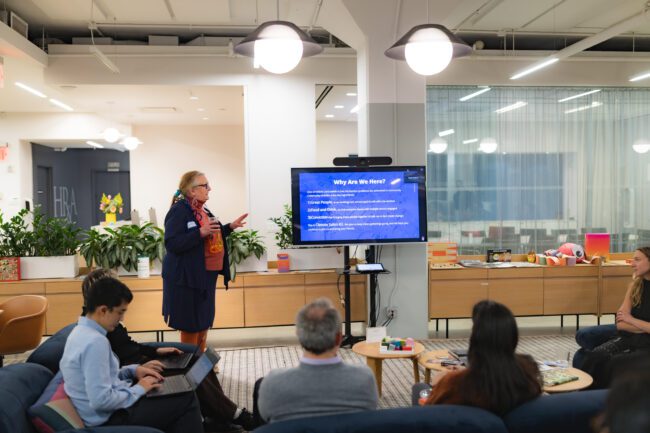
The discussion benefitted from the work of many of our guests, including NYC DEP’s “Securing a Resilient New York City: Funding and Financing Shoreline Protection,” as well as our own work for the City and County of Honolulu, where we are modeling the fiscal impact of climate across government budgets to inform resilience investment strategy. We look forward to continued collaboration to build the analytical tools and cross-sector expertise to help cities quantify climate-driven fiscal exposure, structure equitable funding frameworks, and mobilize public and private capital for resilience.
